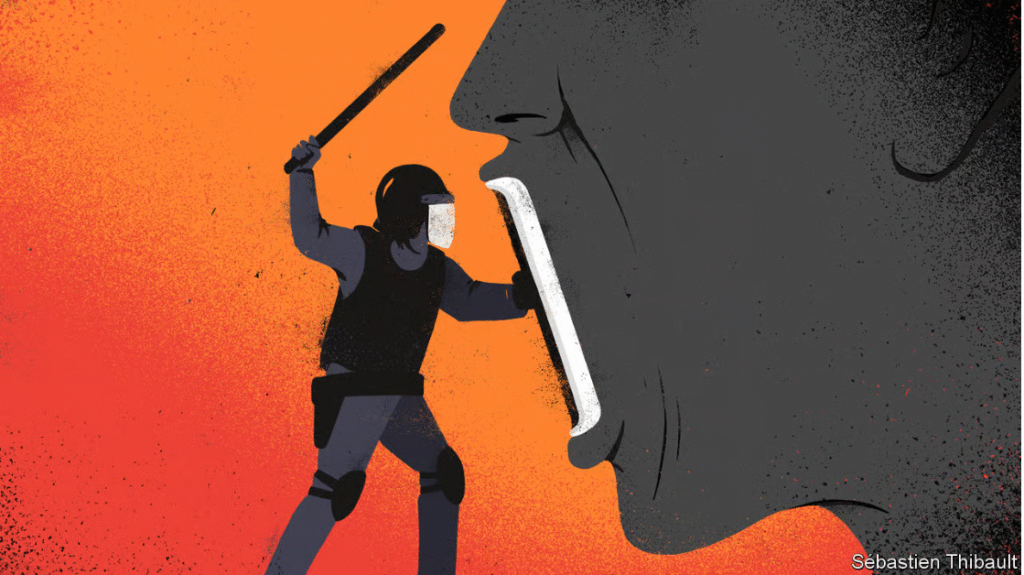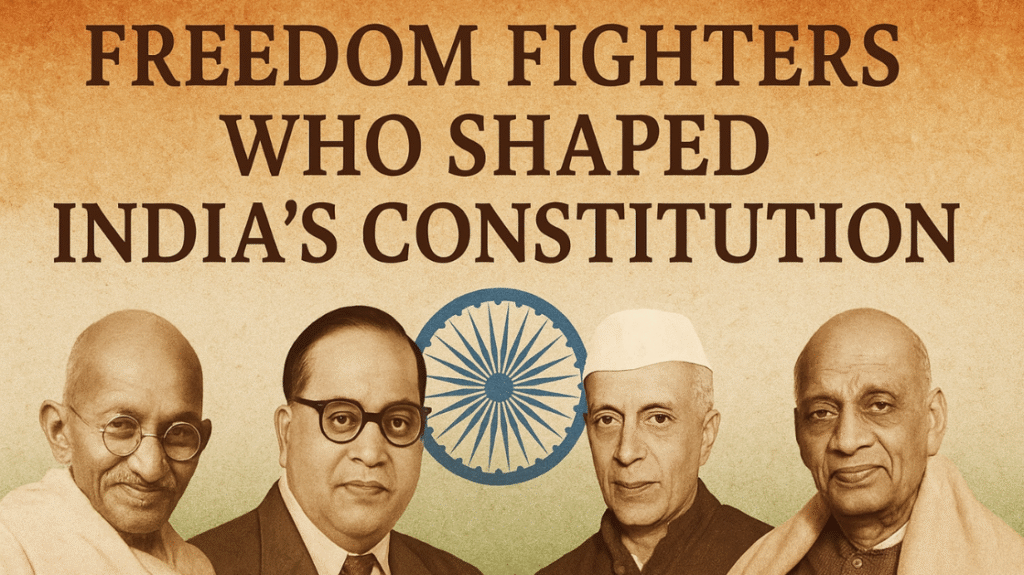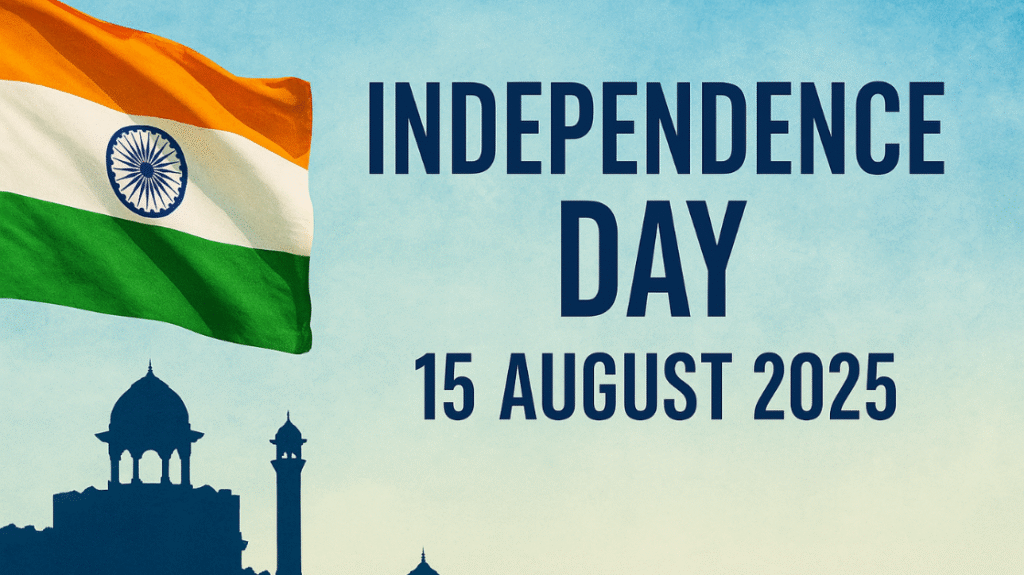Freedom of speech is the bedrock of democracy. Each Independence Day, as we celebrate our nation’s liberty, it’s worth asking: How well is this foundational right upheld in India today? Let’s explore how Article 19(1)(a) of our Constitution protects expression—and how courts and society maintain the delicate balance between rights and responsibilities.
1. Constitutional Foundation: Article 19(1)(a) & Reasonable Restrictions
- Article 19(1)(a) guarantees freedom of speech and expression to all citizens, including communication via writing, spoken word, or media.
- However, this right isn’t absolute. Article 19(2) permits reasonable restrictions in the interests of:
- Sovereignty & integrity of India
- Security of the State
- Public order, decency, morality
- Contempt of court, defamation, and incitement to offense
- Courts apply strict tests—like proximity, proportionality, and ensuring restrictions serve legitimate aims—when evaluating such limitations.
2. Landmark Judgments: Free Speech Defended by the Judiciary
Through key rulings, Indian courts have expanded and safeguarded speech rights:
| Case | Significance |
|---|---|
| Romesh Thappar v. State of Madras (1950) | Upheld right of journal’s circulation and free political discourse |
| Brij Bhushan v. State of Delhi (1950) & Sakal Papers (1962) | Rejected prior censorship and press restrictions |
| Shreya Singhal v. Union of India (2015) | Struck down vague online content law (Section 66A IT Act) to protect digital speech |
| Anuradha Bhasin v. Union of India (2020) | Ruled internet access is part of free speech |
3. Free Speech in Current Times: Challenges & Controversies
Despite strong legal protections, free speech in India faces contemporary hurdles:
- Press Freedoms Eroding: India ranks 151st out of 180 in press freedom due to threats and legal pressure on journalists.
- Online Censorship: Social media platforms face sweeping content removal orders. X (formerly Twitter) challenged India’s takedown rules, citing risks to free expression.
- Defamatory Speech Limits: A court ruled that statements against the Army fall outside the scope of protected speech.
- Emerging Book Bans: Jammu & Kashmir banned works by several authors including Arundhati Roy, citing ‘false narratives’ and national security concerns. Critics warn this curtails scholarship and dissent.
- Comedians & Public Dignity: A recent Supreme Court judgment reiterated that dignity (Article 21) may override expression when dignity is harmed.
4. Civic Insight: Civil Society & Audience Reflection
On platforms like Reddit, people debate how vaguely worded restrictions—like "public morals"—are open to misuse. Courts define these on a case-by-case basis, but many worry about the erosion of liberal discourse.
5. Independence Day Reflection
Every Independence Day, we honor freedom won decades ago—yet this freedom must be continually defended. Speech matters. It fuels accountability, civic engagement, and reform. Whether it’s through journalism, comedy, or protest, the right to speak remains a vital tool—one we must use wisely and protect vigilantly.
To read more Indian Laws and news, visit Legal Guide India



